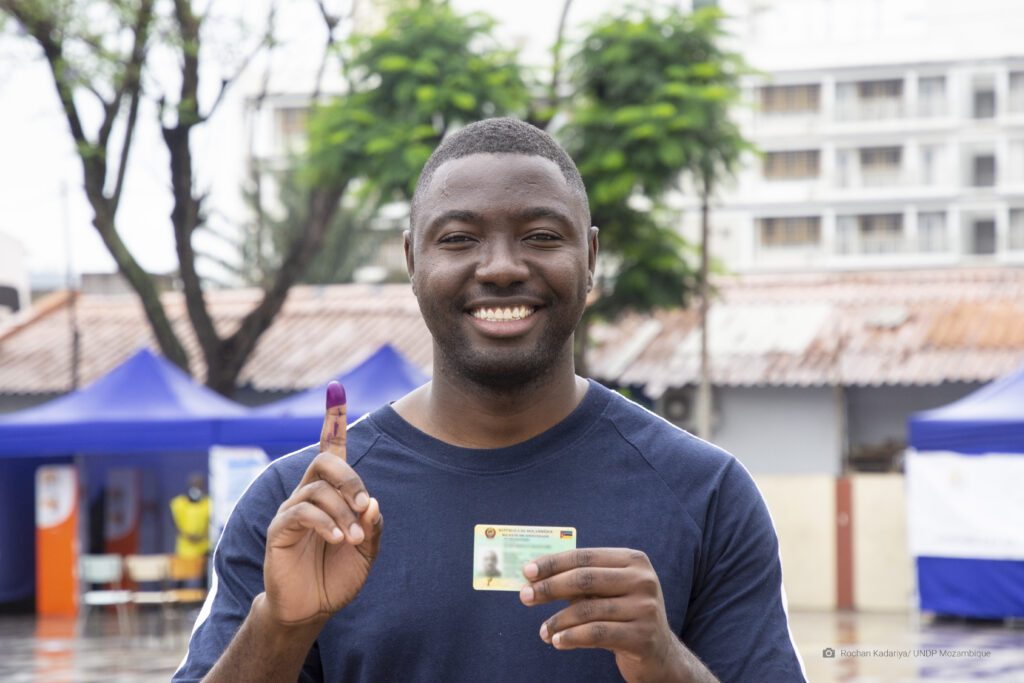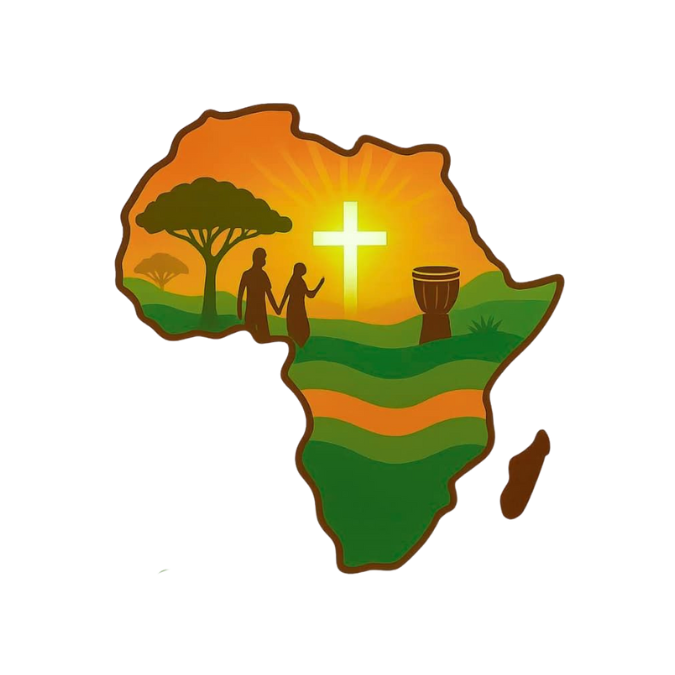
Cameroon’s election, Ethiopia’s repentance, and Sierra Leone’s faith offer three mirrors for a continent at the crossroads.
On October 12, 2025, Cameroon held an election amid a cloud of uncertainty and gloom. Under an uneasy sky, citizens lined up around polling stations across the nation and cast ballots in what many see as another turning of a wheel that long ago lost momentum. For some, the moment recalled the hopeful energy of November 1982, when Paul Biya first came to power, promising renewal, unity, and discipline. That era felt like a new beginning for Cameroon—and for Africa’s promise. Over forty years later, that dream lies in fragments, battered by broken promises and institutional paralysis under a nonagenarian who has held a hardworking and proud people in thralldom for decades. Yet even in the shadows, many Cameroonians still cling to a slender hope: that through ballots, voices, and courage, change might yet emerge.
Biya has governed Cameroon since 1982. In 2008, Parliament removed presidential term limits, opening the door for him to run indefinitely (Reuters, July 11, 2025). Yesterday, at 92, visibly frail and rarely seen in public, he again stood for election, seeking an unprecedented eighth term. The institutions meant to check power have grown strangely dependent on it. In July 2025, the electoral commission, ELECAM, rejected Maurice Kamto — once his strongest challenger — from the ballot (Reuters, July 26, 2025). In August, the Constitutional Council upheld that decision, effectively silencing one of the most recognizable opposition voices (AP, August 5, 2025).
Despite that narrowing of the field, Cameroonians turned out. In Yaoundé, Garoua, and Douala, long lines formed under the sun. But in the Anglophone Northwest and Southwest, the vote carried a different weight. For nearly a decade, those regions have been marred by armed conflict between separatist militias and state forces. Over time, thousands have been displaced, villages abandoned, schools burned, and communities hollowed out. To vote in the 2025 election was in itself an act of defiance — an insistence that hope still belongs to those who refuse to yield silence. Yet for many, that fragile hope was quickly overshadowed by the election’s outcome, which maintained the incumbent in power for another term than would have been necessary.
Security was omnipresent at many polling stations. In Garoua, reports say security forces deployed tear gas to disperse protestors (Reuters, October 12, 2025). The air was heavy with tension — not a celebration, but a held breath. Between voters and walls, between hearts and ballots, came a question: did any of these votes still matter?
Earlier this year, the National Episcopal Conference issued a pastoral letter calling on citizens to choose leaders with integrity and faith (CENC, March 28, 2025). In Bamenda, bishops later emphasized that voting is ‘an act of grave moral responsibility’ (BAPEC communiqué, August 22, 2025). These voices deserve respect in a climate where speaking the truth incurs a cost. Still, the moral authority of the Church grows fragile when its presence retreats to the pulpit and caution. The Church in Cameroon could do more: walk alongside displaced communities, train local observers, mediate on contested precincts, and give concrete accompaniment rather than distant counsel. A prayer is powerful — but a Church that prays with and for its people becomes impossible to ignore.
If Cameroon’s election reveals the fatigue of democracy trapped in repetition, Ethiopia offers a more hopeful glimmer of hope. In July 2023, the Ethiopian Orthodox Tewahedo Church’s Synod issued a public apology to the people of Tigray for its silence during the conflict (Africanews, July 7, 2023). That confession was rare, costly, and necessary. It gave back moral space to a Church that had drifted too close to neutrality in suffering. Since then, religious leaders have more boldly stood alongside victims, contributing to fragile spaces for dialogue, healing, and reconciliation.
Elsewhere in Africa, Sierra Leone offers a poignant lesson in moral courage. In May 2023, ahead of its general elections, the Inter-Religious Council of Sierra Leone (IRCSL) joined civil society and the Commonwealth Secretariat in organizing a National Electoral Pledge Ceremony, where political leaders publicly committed themselves to peaceful and credible elections (The Commonwealth, May 25, 2023). During the tense days that followed the June 24 vote, when allegations of irregularities threatened to spill into violence, the IRCSL and other faith-based groups worked quietly behind the scenes with the Independent Commission for Peace and National Cohesion (ICPNC), ECOWAS, and the African Union to defuse tension and keep dialogue open (WADEMOS Network, October 2024).
The EU Election Observation Mission later commended faith organizations for their impartial monitoring and civic education efforts, noting that “faith-based organizations played a pivotal role in observing and de-escalating tension at different stages of the process” (EU EOM Final Report, 2023). Their combined mediation, prayer, and civic engagement helped preserve fragile stability when confrontation loomed. It was not a victory in votes, but a triumph of conscience — a testimony that moral presence can still avert political catastrophe.
That kind of witness echoes what Pope Leo XIV calls the “politics of love” in Dilexi te. Love, he insists, is not retreat from power but entry into it: a love that dares to stand beside the wounded, refuses hatred, and chooses sacrifice over complacency. Love without courage becomes sentimentality; courage without love becomes violence. Africa’s churches are called to reclaim that balance. In Sierra Leone’s interfaith solidarity, we glimpse it: believers across divisions forming a single moral body, reminding leaders that peace, not power, must be the measure of victory.
Cameroon’s ballots, Ethiopia’s tears, Sierra Leone’s dialogue — these are not separate tales but one continent’s wound and promise. They testify that Africa’s renewal will come not simply through politics, but through a moral imagination large enough to contain justice and mercy together. Pope Leo XIV urged the Church to “reject the logic of retaliation and free hearts from hatred.” If Africa’s Church is to remain salt and light, she must recover bold love — the love Pope Francis once described as walking “with the smell of the sheep,” the love that Leo now calls “humility of service.”
Africa’s night is long, but her dawn is coming. Across her valleys, small lights flicker — in congregations, neighbourhoods, hearts that will not surrender. Let them be the light that calls nations back to life.



